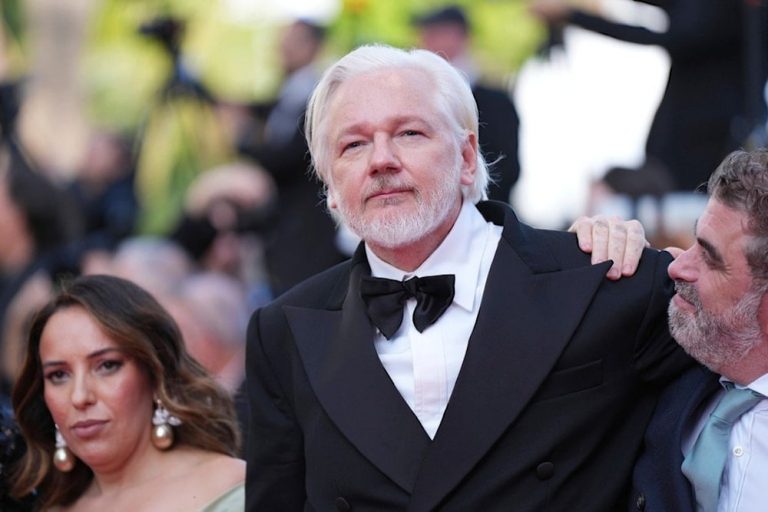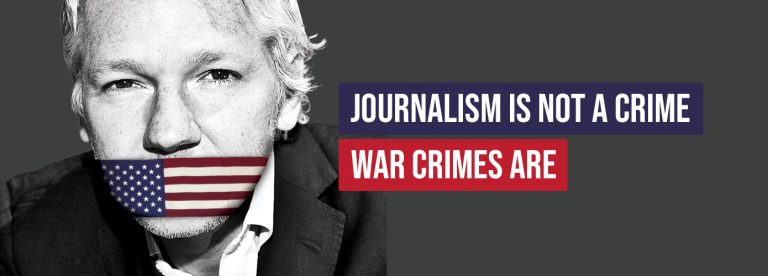Julian Assange Files Criminal Complaint Over 2025 Nobel Peace Prize
WikiLeaks founder Julian Assange filed a criminal complaint on December 17, accusing 30 individuals linked to the Nobel Foundation of serious offenses under Swedish law, including gross misappropriation of funds, facilitation of war crimes and crimes against humanity, and financing the crime of aggression.
The complaint, submitted to both the Swedish Economic Crime Authority and the Swedish War Crimes Unit, demands the immediate freezing of the SEK 11 million ($1.18 million USD) Nobel Peace Prize funds awarded to Venezuelan opposition figure María Corina Machado.















